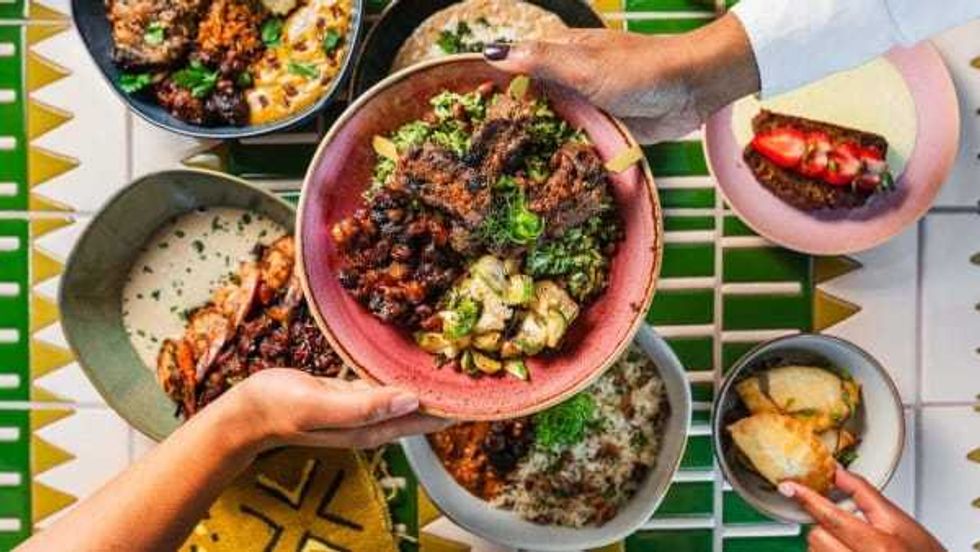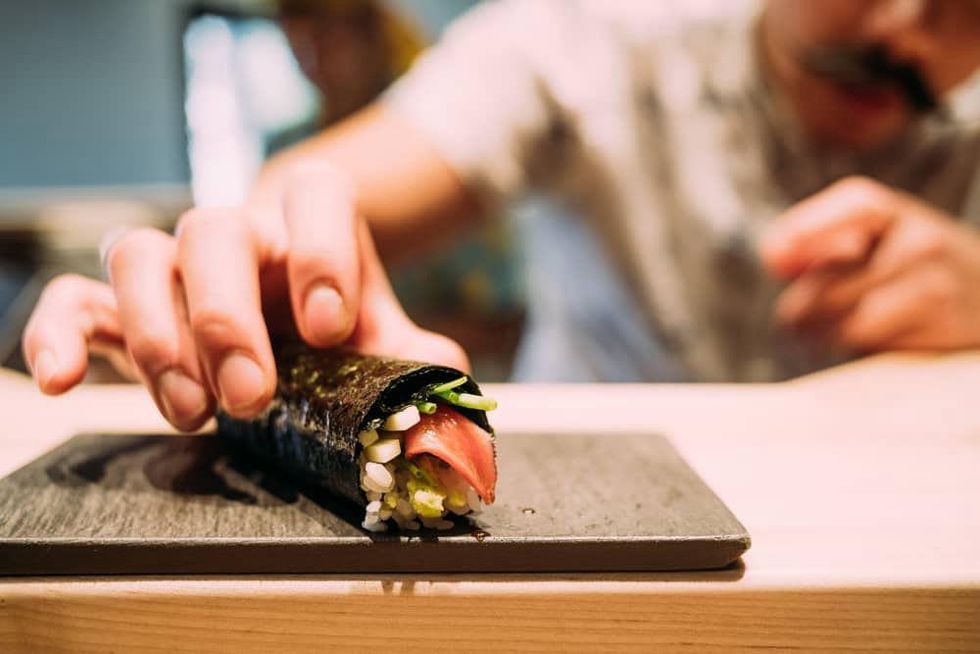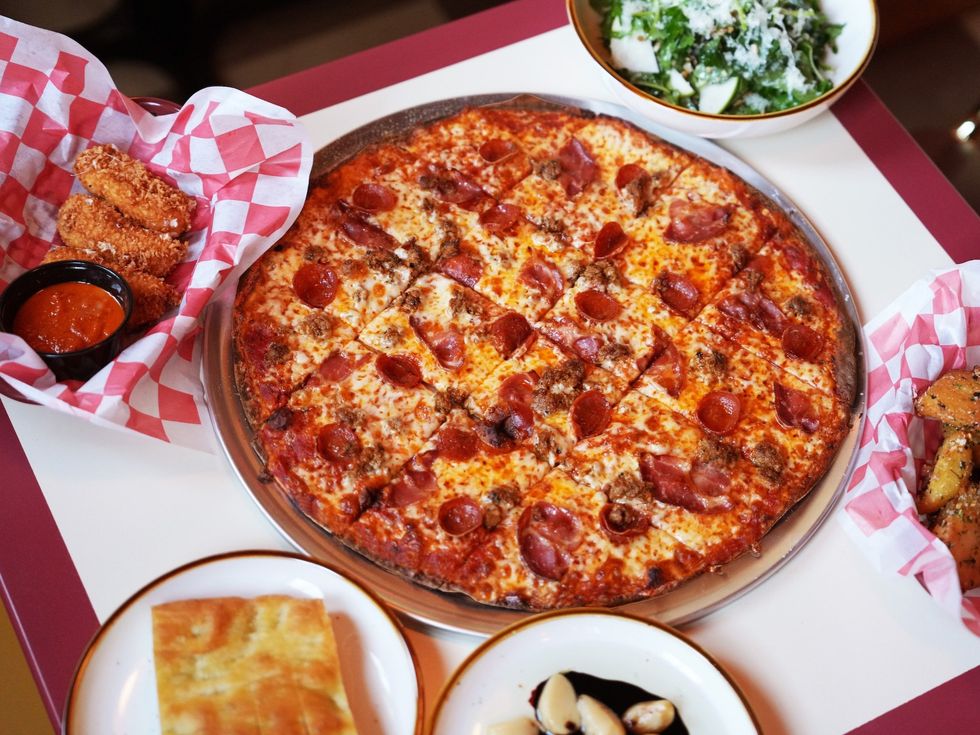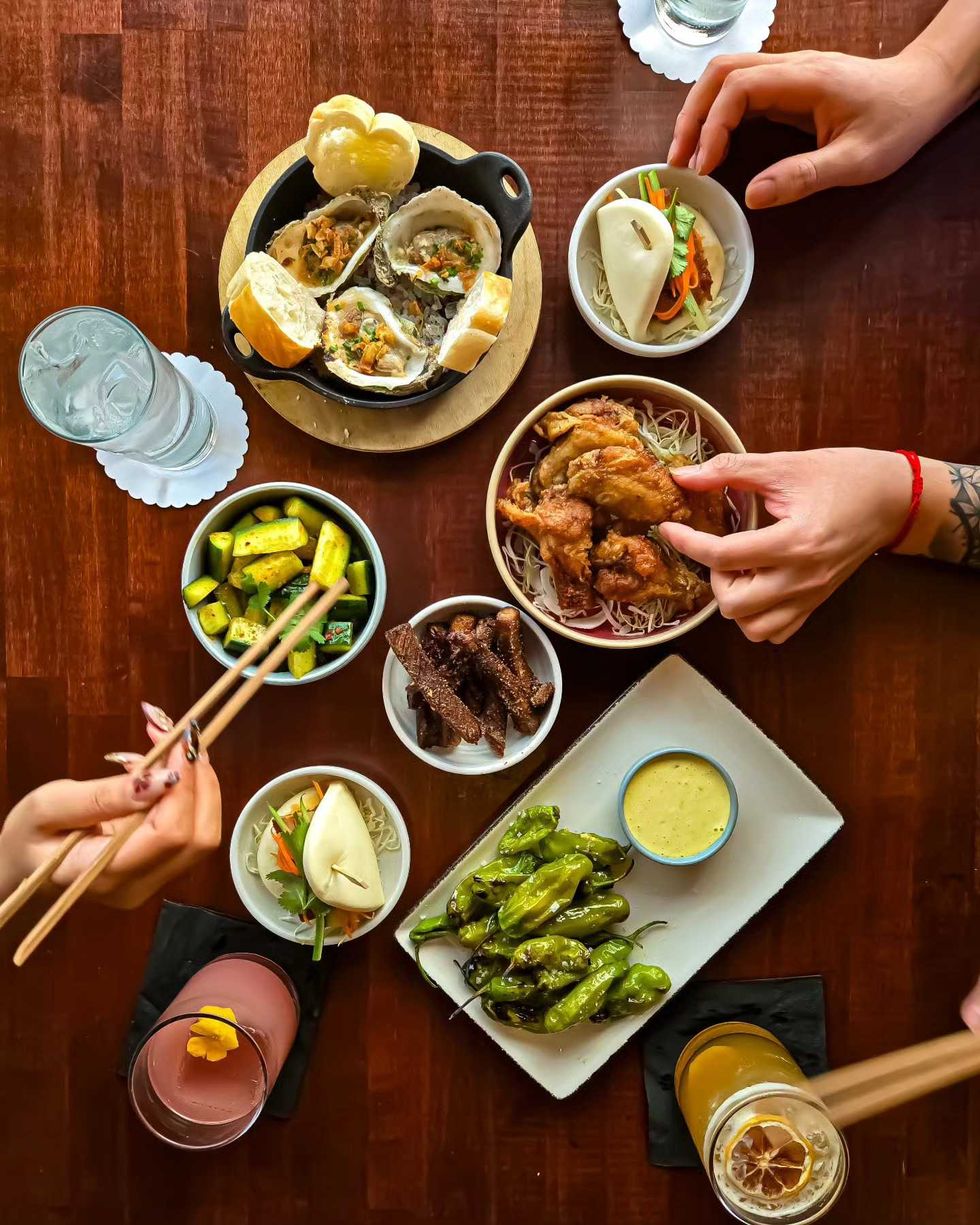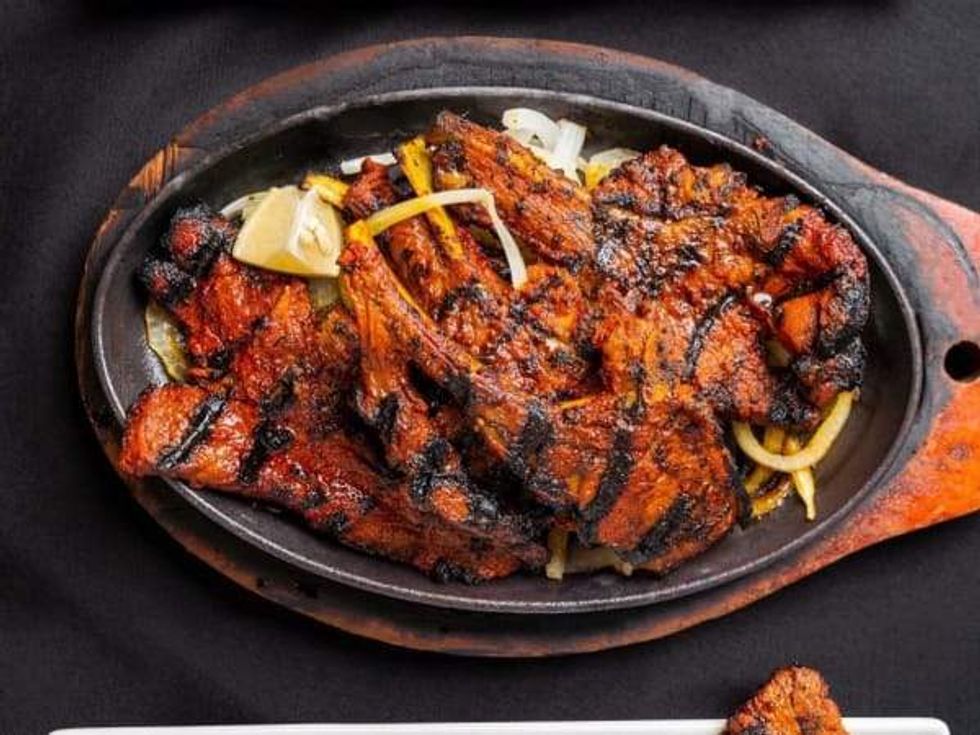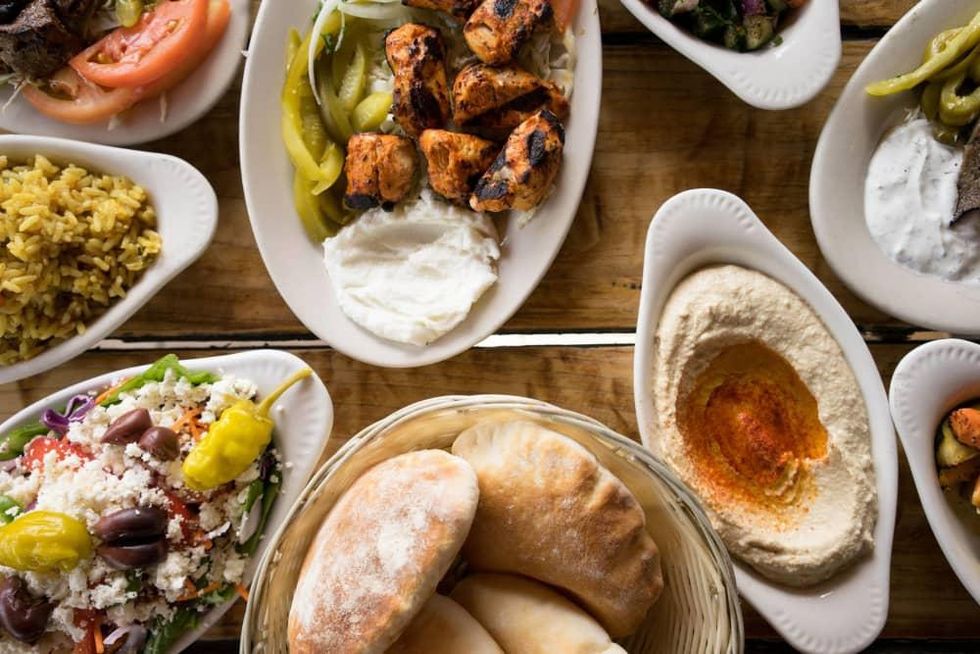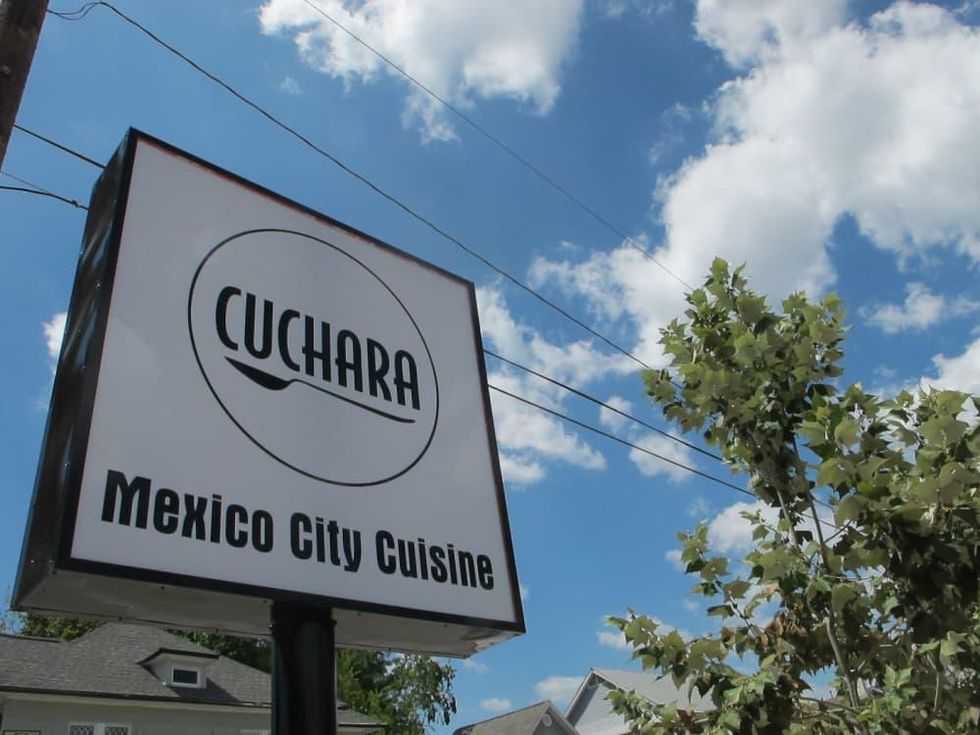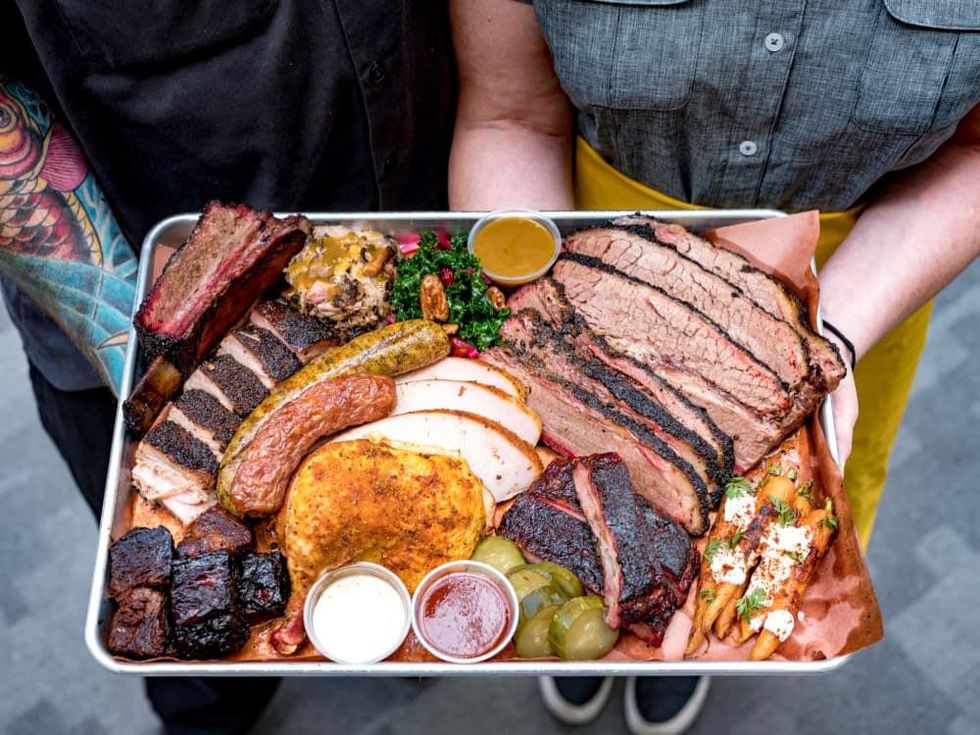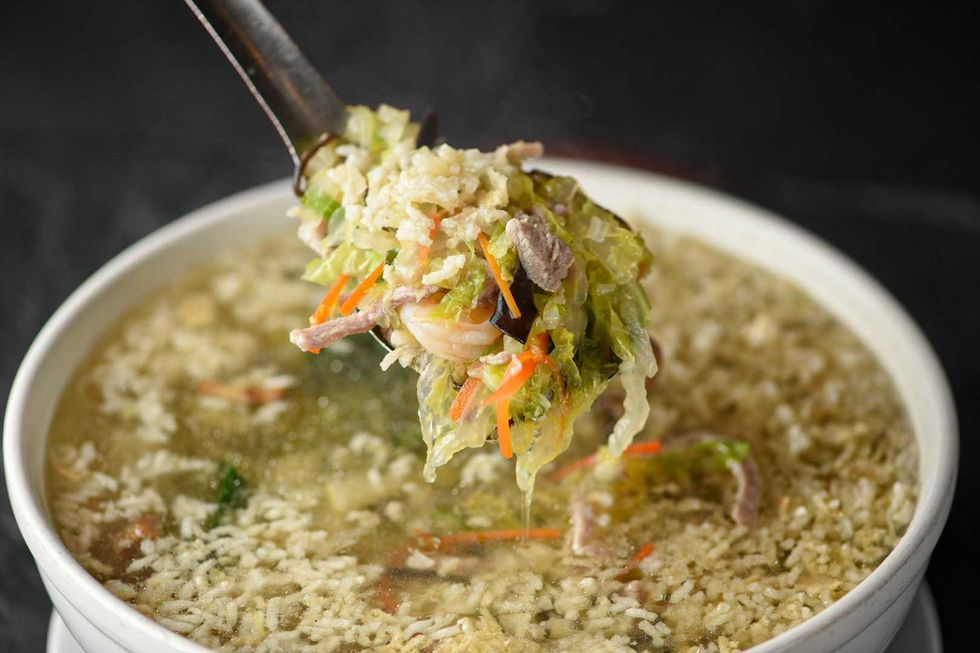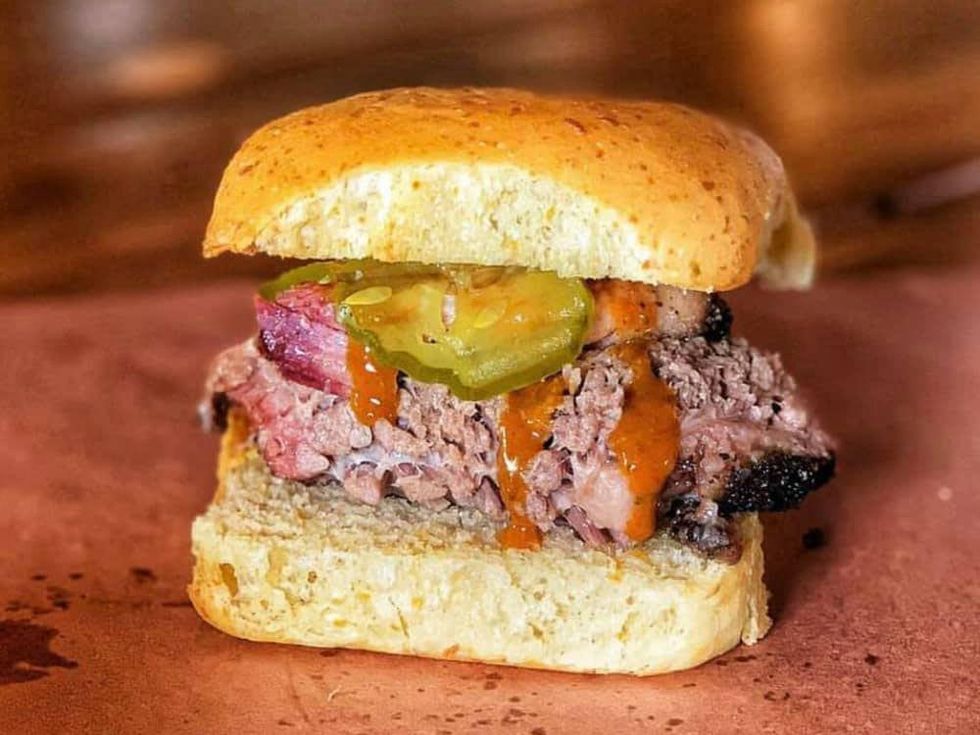diner beware
6 ways to avoid being scammed by a Houston food festival
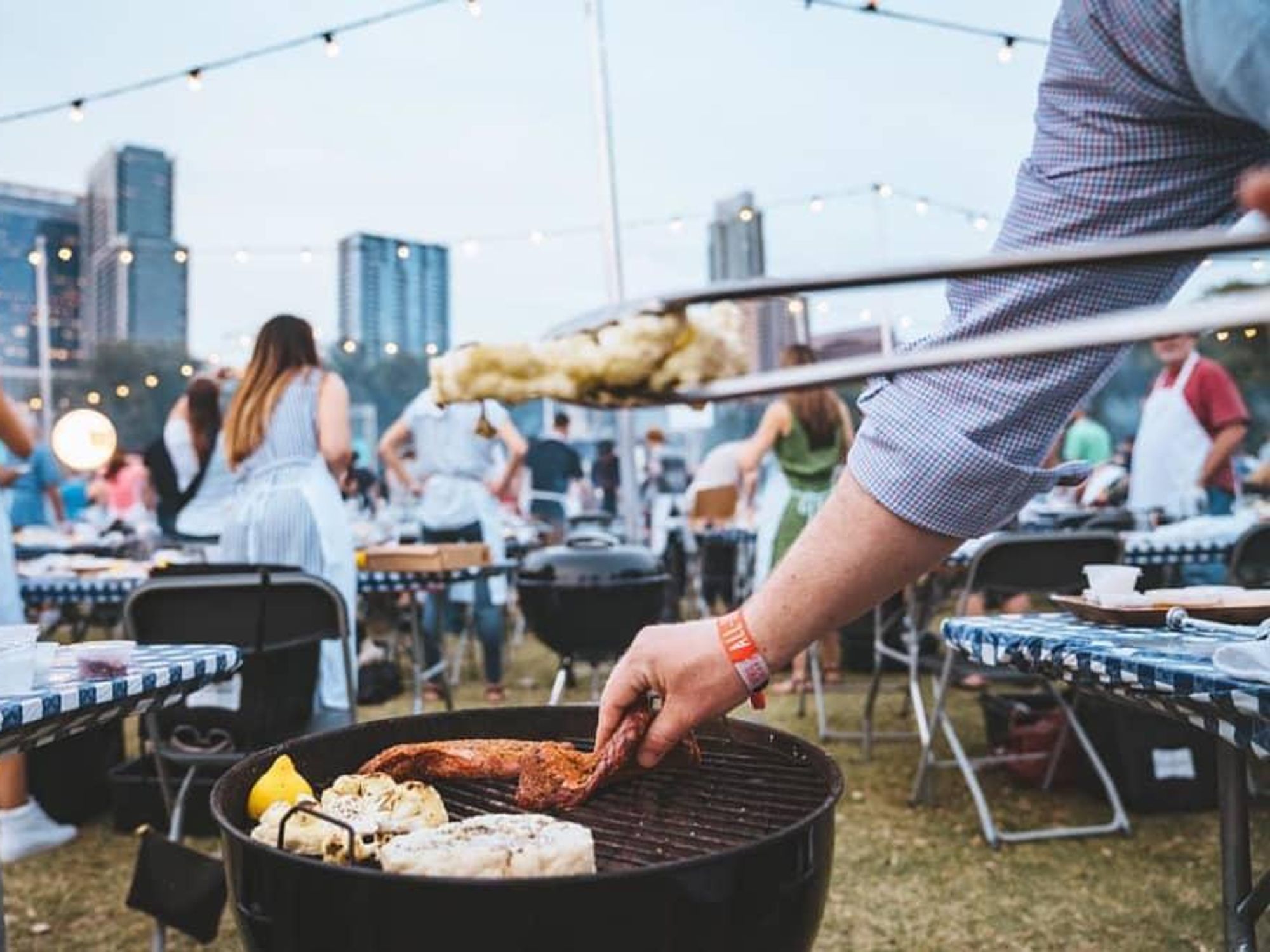
Another food festival has come and gone, leaving disappointed attendees who leave feeling ripped off. Last weekend’s Houston Brunch Festival appears to have not lived up to its organizers promises, according to screen shots of social media posts provided to CultureMap.
The litany of complaints — long lines, understaffed, little value for money — are familiar to anyone who remembers the various debacles that have taken place over the years, but newcomers might not recall these long-forgotten events.
On the other hand, a good food festival offers a lot of fun for the right people. Attendees might be introduced to chefs and restaurants they otherwise wouldn’t have heard of or that they might have to travel to another city to experience. These events are worthy of support.
For its part, brunch festival organizer Bruce Bray tells CultureMap in a statement that some mistakes were made, but he says he's received more than 50 emails from satisfied attendees. Bray encourages anyone who is unhappy about their experience to email him via the Houston Brunch Festival website. They'll be offered tickets to the next festival.
"With any first-time festival, there will be things you can learn from, and get better at not having enough volunteers to direct the guest upon entering the festival is definitely something we could've done better with,” he said. "We acknowledge this, and we're more than happy to refund those that were upset regarding this."
Still the question remains. How can future festival attendees determine whether an event will be a good time or a total bust before deciding to buy a ticket? Inspired by an epic Twitter thread by local blogger Jakeisha Wilmore, here are a few tips to use to evaluate whether an event is worth paying for.
1. Who are the festival’s organizers?
If an event is put together by a high-profile charity or publication, the odds are good that it will deliver on its promises. Whether that’s Big Brothers Big Sisters of Houston (Big Taste of Houston), Candlelighters (Margarita Taste-Off), or the Houston Press (Tacolandia, etc.), these sort of entities have an interest in maintaining a long-term relationship with readers, donors, and attendees.
In the case of the brunch festival, one of the organizers was the Houston Hamptons Brunch Company, a pop-up with fewer than 200 likes on Facebook and fewer than 800 likes on Instagram. At a time when any reasonably engaged high school student will have at least a couple thousand followers, finding a page with so few doesn’t inspire confidence.
2. Is the event happening for the first time?
Food festivals are complicated to execute. Organizers have to comply with city health codes, ensure vendors provide enough food for the expected number of attendees, manage logistical issues, such as adequate restrooms and trash cans, and more. Since it seems that the only way to learn these lessons is to put on a food festival, attendees should view any first year production skeptically.
Just like it’s better not to buy a car in its first year of production, savvy attendees steer clear of first-year events. Sure, that might mean missing out on a good time, but it’s probably safer to let someone else be an organizer’s guinea pigs.
3. What does the event promise?
Well-organized events make specific promises about the chefs and restaurants attending. For example, consider the Houston Barbecue Festival and its related events like the Houston Barbecue Throwdown. The event always includes many of Houston’s top barbecue restaurants, and they’re named in advance. That way people know what they’re paying for.
The brunch festival promised “20 restaurants and chefs” but never specified who they would be. For an event to be legitimate, it should state in advance who will be participating and in what capacity.
4. Are the vendors well-known and reputable?
Legitimate events will attract businesses and chefs people have heard of. Consider Southern Smoke. Chris Shepherd’s annual fundraiser touts James Beard Award-winning chefs such as Chris Bianco, Ryan Prewitt, and Aaron Franklin; those are the sort of major names that would only lend their reputations to something they view as legitimate.
An event that’s likely to disappoint will either not list its participants or those participants will be obscure. If a festival touts participation by food trucks but isn’t a food truck-focused event, consider steering clear.
5. When does the event take place?
Festival organizers should show at least some concern for attendees’ comfort. The reason the Houston Barbecue Festival happens in April and Southern Smoke takes place in October is that organizers want to at least have the possibility that the outside temperature won’t be too hot. No one wants to pass out from the heat while waiting in line for a beer.
However, the brunch took place outside during the morning and early afternoon in July. Unless an organizer is willing to commit significant resources to shade, fans, and having multiple places to get a drink, a summer festival will almost always be an uncomfortable experience for attendees.
6. What is included in the price of a ticket?
At the risk of sounding too obvious, good food costs money. Chefs and restaurants may absorb the costs of participating in a festival if they think it's a good cause or a good marketing opportunity, but attendees should still know in advance whether the tickets includes all of the food they're likely to want to consume or whether they'll have to come out of pocket for dishes on top of whatever they're paying to attend. For example, the Houston Barbecue Festival's recent Barbecue Block Party featured unlimited bites from over a dozen vendors for $65. Since the event was held at Saint Arnold, it included beer, too.
General admission to the brunch festival cost $25 and didn't include any food. Spending $56 on VIP meant that people would receive bites from three of the vendors; additional food would cost extra. That doesn't seem like a very good value.

